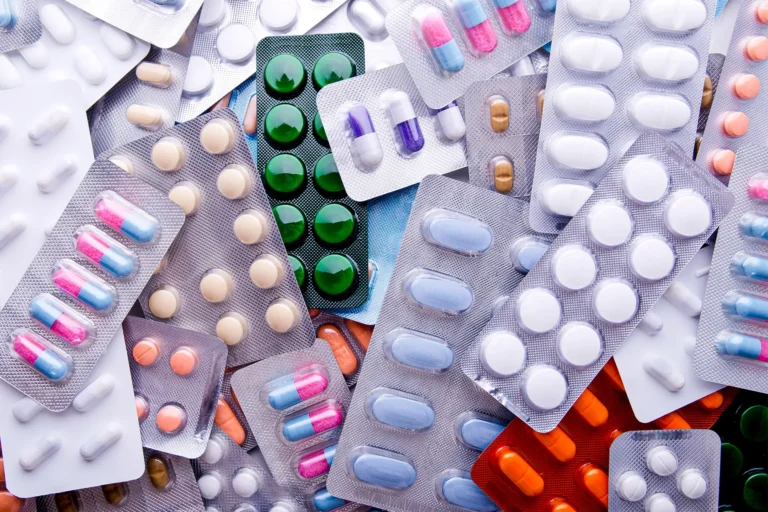Q. I am 59, and my wife and I have experienced very good sex for 40 years. A few months ago, I had a severe episode of acid reflux and fainted. My family doctor prescribed Paxil and Prevacid. Since then I’ve struggled with erections and can’t ejaculate. Viagra helps my erection, but I still can’t climax. What can I do?
A. You’re not alone—this is a well-recognized side effect of certain antidepressants. Paxil (paroxetine), an SSRI, commonly delays orgasm or prevents ejaculation altogether (sometimes called anorgasmia). Prevacid (lansoprazole) is unlikely to be the cause. The good news is there are several evidence-based options to discuss with your prescriber, and most men find a workable solution.
Why SSRIs can block ejaculation
SSRIs change serotonin activity in the brain and spinal cord, which can dampen the reflexes that trigger orgasm and ejaculation. Many men report feeling aroused and able to maintain a firm erection—especially with a PDE5 inhibitor like Viagra—yet they “plateau” and can’t climax. Related complaints are covered in our guides on no ejaculation (anorgasmia) and delayed orgasm with SSRIs.
Practical steps to consider (with your clinician)
- Review the medication list. Confirm the dose and timing of Paxil; your clinician may consider a slower titration, a dose reduction, or switching to an antidepressant with fewer sexual side effects (e.g., bupropion, mirtazapine, or vortioxetine). Don’t stop or change meds suddenly.
- Target the specific problem. PDE5 inhibitors (like Viagra) help erections but not ejaculation. If ejaculation is the main issue, treatment usually focuses on the antidepressant strategy above rather than increasing PDE5 doses.
- Time your dose. Some patients improve by taking the SSRI after usual sexual activity (e.g., bedtime), though this isn’t a fix for everyone.
- Consider add-on therapy. In select cases, clinicians add a small dose of bupropion to counter SSRI-related sexual dysfunction.
- Address performance pressure. Anxiety about “finishing” can lock in the problem. Brief psychosexual counseling, sensate-focus exercises, or mindfulness can help reduce that cycle.
For a balanced overview of antidepressants and sexual side effects, see the U.S. National Library of Medicine’s resource: MedlinePlus: Antidepressants.
When delayed ejaculation is actually helpful
As you noted, Paxil can dramatically prolong intercourse. In fact, SSRIs are sometimes prescribed for premature ejaculation because this side effect can be therapeutic. If PE is your primary concern, explore targeted strategies in Overcoming Premature Ejaculation; otherwise, your goal is to restore a normal climax while maintaining mood control.
Fertility goals and next steps
If you and your partner are trying to conceive, tell your prescriber—treatment choices may change. If ejaculation remains difficult despite medication adjustments, a urologist or andrologist can evaluate for less common causes and discuss assisted options (e.g., semen collection techniques) while you continue depression or anxiety care safely.
Key takeaways
- Paxil is a likely cause of your inability to ejaculate; Prevacid is unlikely.
- Don’t change or stop antidepressants on your own—work with your prescriber on dose timing, reduction, or switching agents.
- Layer in sex-therapy techniques to reduce pressure and improve arousal patterns.
Most importantly, reassure your partner: this is a treatable medication effect, not a reflection of attraction or effort. With the right adjustments, couples typically find their way back to satisfying intimacy.


